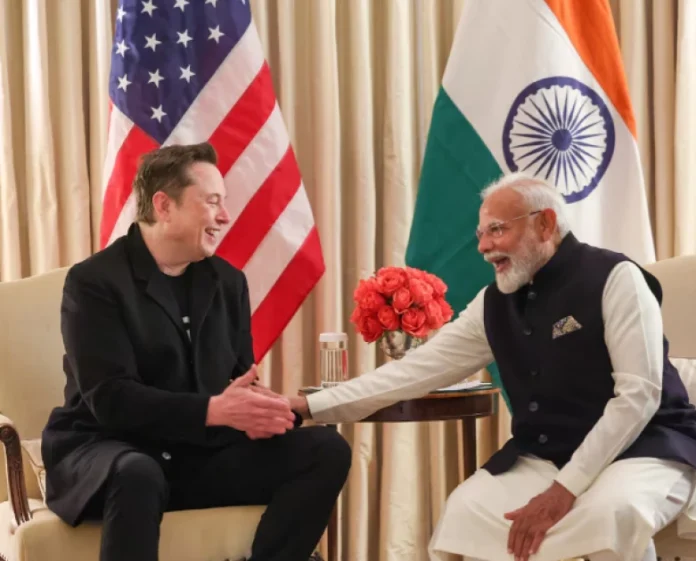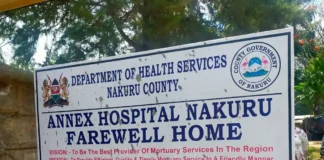
South African‑born billionaire Elon Musk is locked in an escalating legal battle with Prime Minister Narendra Modi’s government over sweeping new powers that give Indian authorities unprecedented control over online speech.
In March, Musk’s social platform X sued India in Karnataka’s high court, asserting the government’s blanket removal regime is unconstitutional and a blow to free speech. The case, explored in Reuters by 2,500 pages of sealed court documents and interviews with seven police officials, unravels the reach and secrecy of India’s fast-evolving internet policing system.
The dispute began simmering in January when police in Satara, Maharashtra, flagged a 2023 post on X describing a senior ruling‑party politician as “useless.” Inspector Jitendra Shahane labeled it a threat to communal harmony in a confidential notice demanding its removal. The post, still online, is one of hundreds cited by X as examples of political overreach.
From selective takedowns to a nationwide “censorship portal”
Previously, only the Indian IT and Information & Broadcasting ministries were able to call for content removals, reserved for threats of sovereignty, national security, public order, or relations with other nations. In 2023, the IT ministry broadly expanded the power, allowing all federal and state agencies and police departments to request removal of “any unlawful information.”
Then, in October 2024, the government launched Sahyog, Hindi for “collaboration”, a website designed to streamline takedown notices. X has refused to join, calling it a “censorship portal,” and now challenges the legal basis of both the platform and the 2023 directive.
Any noncompliance with these instructions can rob technology companies of judicial immunity for user-generated material and expose them to prosecution.
India calls for regulations in order to combat detrimental content
Government lawyers argue that the stricter framework curbs hate speech, misinformation, and child sexual‑abuse material. In a 92‑page filing, the Indian Cybercrime Coordination Centre, an agency within the powerful Home Ministry, said X was “hosting illegal content” that threatened social harmony.
Between March 2024 and June 2025, federal and state agencies ordered X to remove about 1,400 posts or accounts, according to court records. More than 70% of the orders came from the cybercrime unit that built Sahyog.
Authorities gave examples ranging from a doctored photo of International Cricket Council chairman Jay Shah, whose father is Home Minister Amit Shah, to posts about a lethal stampede in February at New Delhi’s biggest railway station that killed 18. Orders also went against cartoons lampooning Modi about inflation and Tamil Nadu’s flood preparedness.
“X doesn’t quite get cultural sensitivities,” Reuters was told by Chennai’s cybercrime police Deputy Commissioner B. Geetha in defense of the requests. “What’s fine in a couple of countries can be tabu in India.”
Critics warn of political abuse
X contends most takedown notices extend far beyond legitimate law‑enforcement requirements. Its court filing in June referenced “a pattern of abuse of authority to suppress satire and criticism of the ruling government.”
Many free-speech voices hold similar opinions. “The executive branch cannot be both the arbiter of legality of media content and the issuer of takedown notices,” stated Subramaniam Vincent, journalism and media ethics director at Santa Clara University.
Even BJP members of Prime Minister Modi’s government have been targeted. In March, BJP lawyer Koustav Bagchi put a photo of West Bengal chief minister Mamata Banerjee in an astronaut outfit online. It was flagged for a “threat to public safety and national security,” although the post can still be found online.
A global fight over speech, with India as a test case
Musk, a “free‑speech absolutist,” has been at odds with US regulators, Brazilian authorities, and Australian officials over local content compliance. But India, which is X’s fastest‑growing market, comes with special stakes. Modi publicly courted Musk in 2023 to expand Tesla and Starlink operations in India. So far, there are no outward signs of personal animosity, but the legal showdown threatens to complicate the billionaire’s ambitions in the world’s most populous nation.
The Karnataka High Court hasn’t set a date for delivering a verdict on X’s case. A ruling could reframe the way tech companies from around the world strike a balance between free speech ethos and national regulatory pressures, not only in India but globally.
Written By Rodney Mbua


















